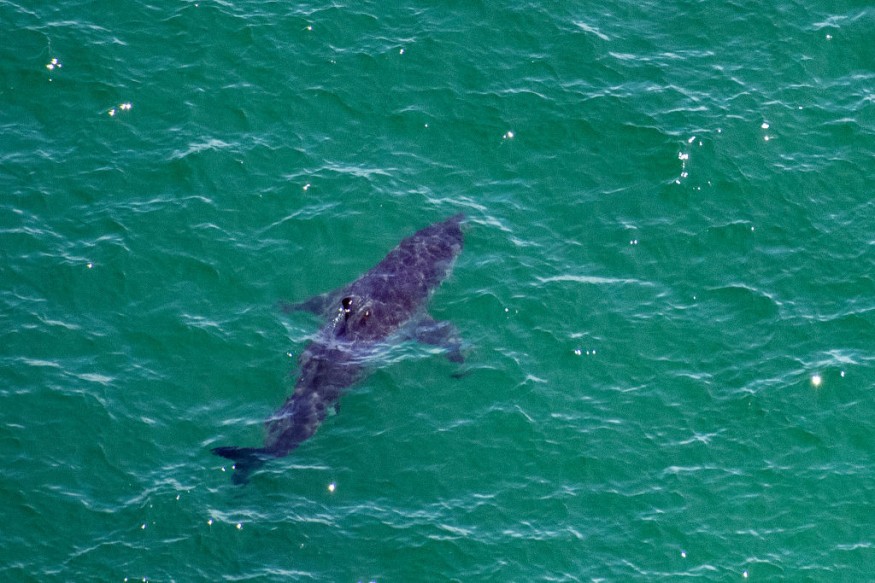
Massachusetts coasts have mesmerizing spots for beachgoers. However, they should avoid dangerous animals that could lead to painful and deadly situations.
The summer season is in the air. Previous reports showed the challenging heat unfolded in the United States from the Midwest, Northeast and South.
People are now preparing to cool themselves against the heat, looking for possible beaches they could enjoy.
However, beach enjoyment or visiting coastal areas could become a headache if beachgoers would encounter troublesome aquatic species around their areas.
It is best to be aware or know the aquatic animals so you can avoid them.
Hammerhead Sharks
Hammerhead sharks visit Massachusetts waters because of the warm ocean temperatures in the area. Last year, Fox News reported that dozens of sharks were reported and sighted in the waters of Cape Cod.
Due to the emergence of sharks in the area or near the coasts, the report explained that people are advised to become vigilant of possible sharks.
However, the report noted that shark bites are considered low.
According to AZ Animals, Hammerhead Shark is also known as Sphyrna Zygaena, which can reach 12 to 18 feet in size. They are most popular with their T-looking heads.
It is best to avoid sharks because they could cause deadly bites.
Lion's Mane Jellyfish
Oceana explained that the Lion's Mane Jellyfish is known as Cynaea capillata, adding that they like to stay in cooler regions. Because they love cooler waters, they can be found in the Northern parts.
The report said that the Lion Mane's Jellyfish is considered one of the largest jellyfish, which the largest measured at 120 feet.
Lion Jellyfish sting can become painful when humans encounter it, leaving a painful and itchy feeling.
Great White Shark
Recently, CBS News reported that the first Great White Shark was sighted in the Cape God, as Shark season is forecast in Massachusetts.
According to the New England Aquarium and the report, shark sightings were spotted, which Shark could reach up to 12 feet.
The report noted that the summer season could be attributed to the shark emergence and the growing population of seals in Massachusetts.
Like Hammerhead sharks, Great White Sharks could attack with a powerful bite.
Lionfish
According to the NOAA-National Ocean Service, the lionfish has the scientific name Pterois volitans, appears maroon and brown and have long separated dorsal spines. The report noted that lionfish could grow up to 18 inches.
The report noted that lionfish's habitat could live in warm waters, which could also be seen in Long Island, New York, North Carolina and Florida.
Lionfish could cause headaches and nausea, with allergic reactions.
Green Sea Urchin
Closer contact with the Gren Sea Urchin could feel pain and nausea. According to the Animal Diversity Web (ADW), the Green Sea Urchins like to dwell in cold waters. They are considered small aquatic species that could reach eight cm in length.
Related Article : About 50 Tiger Sharks Filmed on Feeding on Humpback Whale's Remains on Hervey Bay Coast, Australia
For more similar, don't forget to follow Nature World News
© 2025 NatureWorldNews.com All rights reserved. Do not reproduce without permission.





